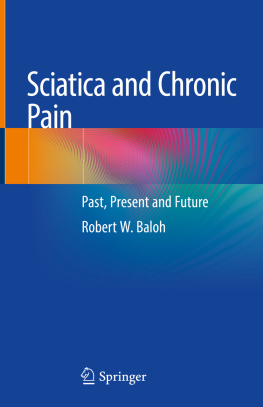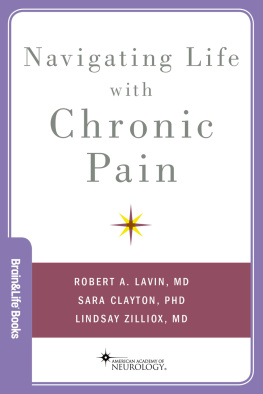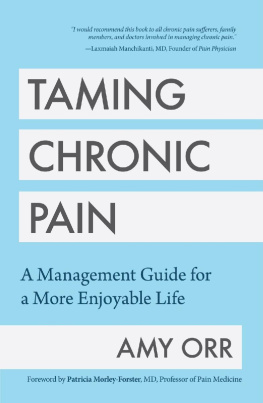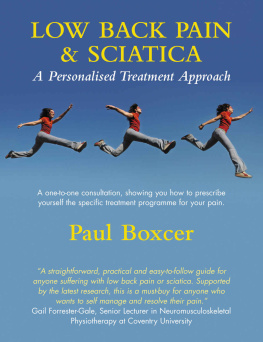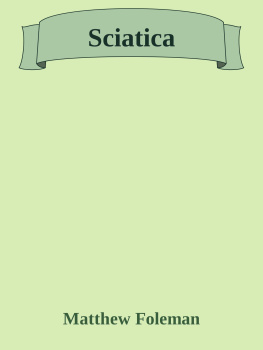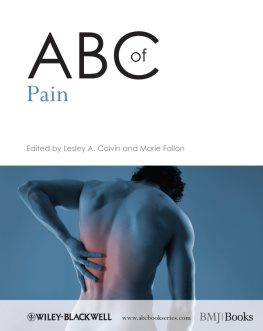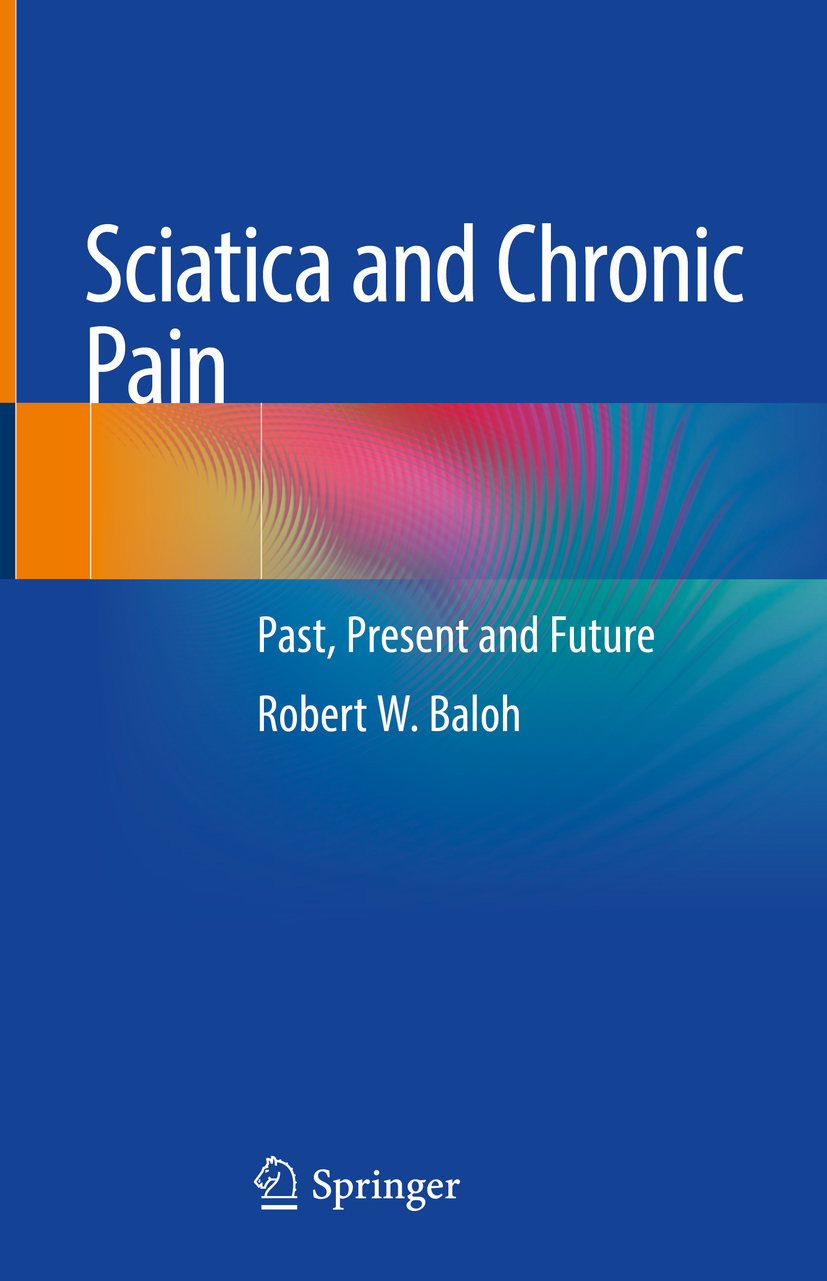Robert W. Baloh
Department of Neurology, University of California, Los Angeles, Los Angeles, CA, USA
ISBN 978-3-319-93903-2 e-ISBN 978-3-319-93904-9
https://doi.org/10.1007/978-3-319-93904-9
Library of Congress Control Number: 2018952076
Springer International Publishing AG, part of Springer Nature 2019
This work is subject to copyright. All rights are reserved by the Publisher, whether the whole or part of the material is concerned, specifically the rights of translation, reprinting, reuse of illustrations, recitation, broadcasting, reproduction on microfilms or in any other physical way, and transmission or information storage and retrieval, electronic adaptation, computer software, or by similar or dissimilar methodology now known or hereafter developed.
The use of general descriptive names, registered names, trademarks, service marks, etc. in this publication does not imply, even in the absence of a specific statement, that such names are exempt from the relevant protective laws and regulations and therefore free for general use.
The publisher, the authors, and the editors are safe to assume that the advice and information in this book are believed to be true and accurate at the date of publication. Neither the publisher nor the authors or the editors give a warranty, express or implied, with respect to the material contained herein or for any errors or omissions that may have been made. The publisher remains neutral with regard to jurisdictional claims in published maps and institutional affiliations.
This Springer imprint is published by Springer Nature, under the registered company Springer Nature Switzerland AG
The registered company address is: Gewerbestrasse 11, 6330 Cham, Switzerland
Foreword
In Sciatica and Chronic Pain: Past, Present and Future , Professor Baloh addresses a common, universal problem directly related to mans upright posture. As such, it has afflicted man since prehistoric times. Our understanding of sciatica and pain has evolved over time. Modern imaging has contributed greatly to our appreciation of the relationships of nerve roots contributing to the sciatic nerve and the importance of adjacent structures of bone, cartilage, and disc. Our understanding of the phenomenon of pain and its physiology and chemistry is perhaps less complete. Management of patients with sciatica and chronic pain still poses a major challenge. Surprisingly, few have attempted to address this important problem.
Our perception of pain and response to pain is very individual and differs widely among people. Sciatica and Chronic Pain: Past, Present and Future delves into different aspects of pain from neural networks, neural transmitters, and genetic viewpoints and provides us with a glimpse of how various factors may interact to make us perceive pain. This book also provides a concise yet complete guide to the management of patients with sciatica. It explores the multifaceted approach to management of chronic pain from many viewpoints, including of course the pharmacological and surgical, as well as less orthodox approaches to pain. As such, it should be of interest to a wide audience, including students, physicians, as well as patients.
The historical perspectives are not only of interest but allow us to infer that our understanding of pain mechanisms will expand with current and future research, no doubt leading to even better methods of pain management.
Ulrich Batzdorf
Preface
I noticed a burning pain in my right buttock one Sunday morning. Since I frequently injured myself during my weekly tennis match on Saturday, at first I was not concerned. I tore my rotator cuff in the past and after surgical repair I could only play once a week without reinjuring the shoulder. But the pain gradually got worse and I noticed occasional sharp pains shooting into the outside of my right leg. I thought the pain might be coming from my hip possibly arthritis of the hip since my father had severe arthritis of the hip as he got older and I am a big believer in genetics. But when I saw the orthopedic surgeon who repaired my rotator cuff tear, he could not find anything wrong with my hip. We agreed that the pain was probably sciatica due to arthritis in my back and that I should lay off tennis and take ibuprofen as needed for the pain.
At least 5% of the general population suffers from sciatica and about 10% have some type of chronic neuropathic pain. Sciatica is the most common cause of chronic neuropathic pain, yet there is no consensus on how to manage this common painful disorder. Treatments developed thousands of years ago are still in common use. I am a professor of neurology at the University of California in Los Angeles and I have been teaching general neurology to medical students and neurology residents for more than four decades. I have treated many cases of sciatica over the years and I am well aware of the controversies regarding best treatments. In this book, I address the following questions from the point of view of a clinical neurologist, a teacher of neurology, and a person who has experienced sciatica.
How is pain detected and perceived?
What is sciatica and what are the causes?
What are the treatment options for new onset sciatica?
Why does the pain persist in many cases?
What are the treatment options for chronic pain?
And what new treatments are on the horizon?
The goal of the book is to provide a concise overview of sciatica and chronic pain. I have a longstanding interest in the history of medicine and I use historical context to set the stage for understanding new concepts. As in all areas of neuroscience and medicine, there is a jargon that goes with the field. I have attempted to minimize the impact of the jargon on understanding new concepts by defining terms as they are introduced. Charts, figures, and tables help clarify new concepts. Finally, three patients with sciatica and chronic pain are followed serially throughout the book to illustrate important concepts discussed in the text.
Robert W. Baloh
Acknowledgments
I thank my neurology colleagues Melissa Spencer and Leif Havton for reviewing early drafts of the book and providing helpful comments. I want to particularly thank Rick Batzdorf for his helpful suggestions and for writing the Foreword to the book. I thank Julie (Juhyun) Kim for drawing several of the figures and her patience in getting them just right. Julie is a nurse practitioner at Mount Sinai Hospital in New York and a talented young medical illustrator. My wife, Grace, provided helpful suggestions and constant support. Finally, I want to thank Michael Griffin and Richard Lansing at Springer for helping me get the book together.

